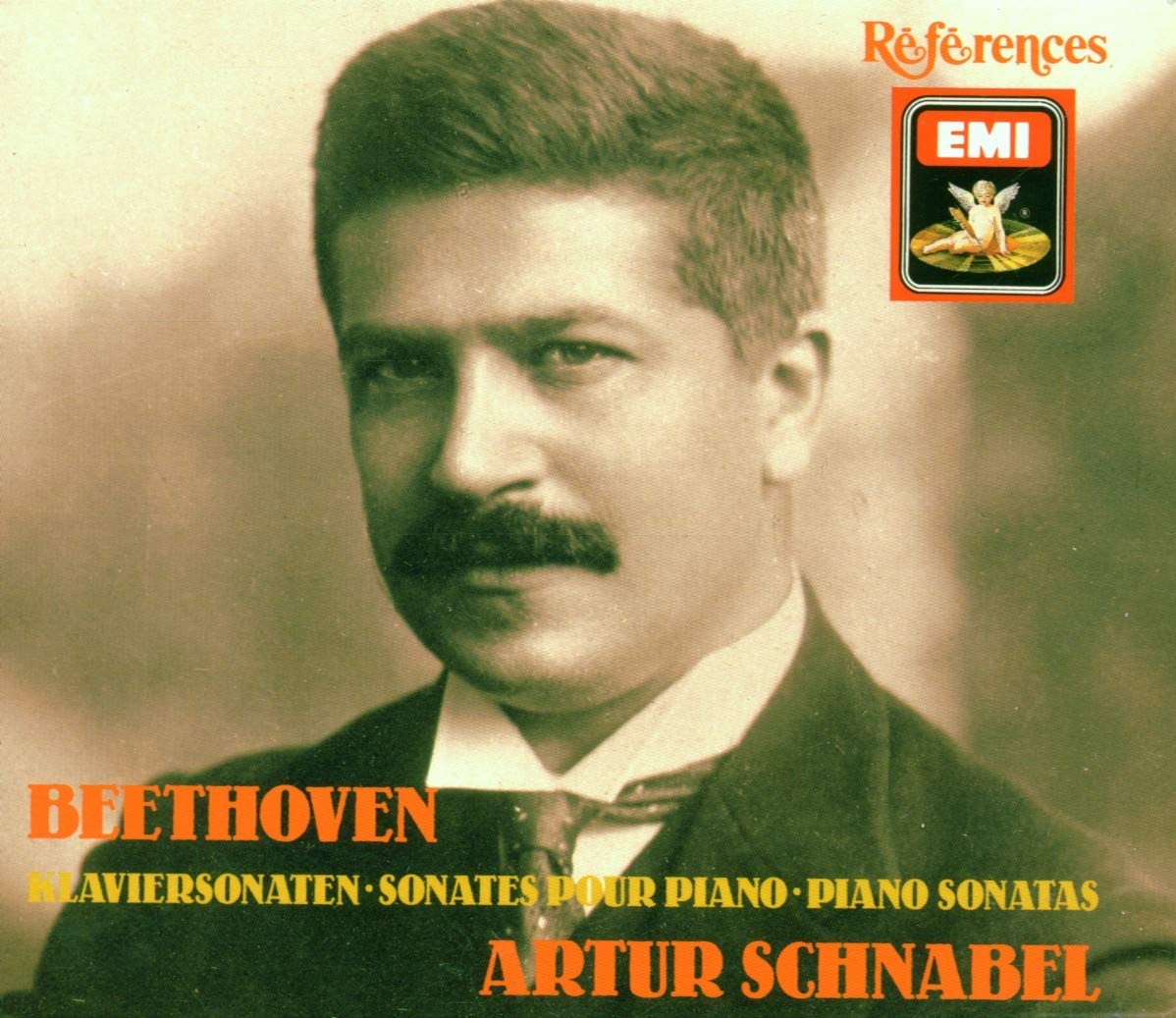When I saw your post, I became excited and looked for it on Idagio. Sure enough, it was there. I played it back to back against my very old copy of Schnabel / Beethoven on EMI on my main system:
Opinion: still mono (I mention this because there are plugins that can create stereo recordings from mono). Vinyl surface noise and scratches still present, but less prominent in the Warner. Top end seems rolled off compared to the EMI, probably an artefact from noise reduction. MAYBE the dynamic range in the Warner is better, but if it's present it's not much. It most definitely does not sound like a modern recording. I only listened to a few sonatas, I did not listen to all of them.
I know that studios have a lot of digital tools that can do all sorts of magic. I have tried some of these plugins, e.g. dynamic range expanders, and frequency "extenders". These work by adding harmonic distortion to the signal, and you can do it in selective bands. For e.g. if you chose to add a lot of harmonic distortion only to freqs > 3khz, you could create the illusion that the recording has captured up to 10kHz or more. See below for the spectro of the EMI recording, it maxes out at 5kHz. With my fairly rudimentary tools I can create harmonics up to 12kHz or maybe more, and it certainly gives the recording more "air", but it also increases surface noise.
FWIW this is Piano Sonata No. 1, 1st movement, EMI recording, in Audacity:
View attachment 338128
Certainly no digital clipping, and I can't really see any analog clipping.
View attachment 338129
The spectrogram shows nothing above 5kHz.
I have no ability to run the Warner remaster through Audacity since I am streaming it, and I do not own a FLAC. Would you like to do it?

